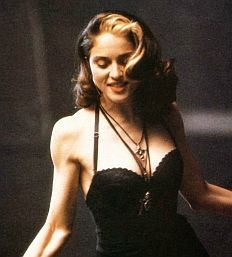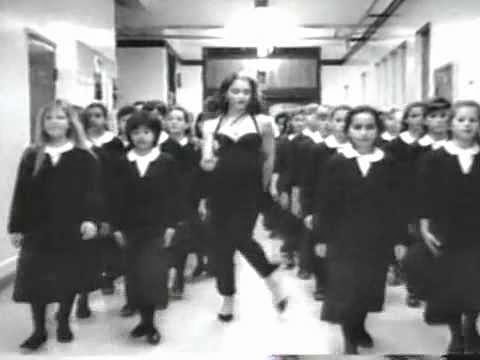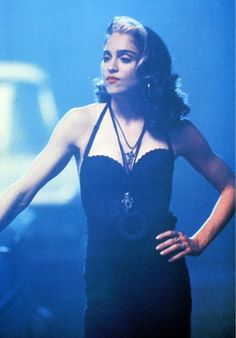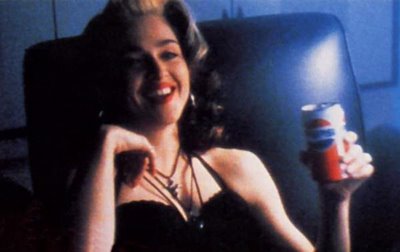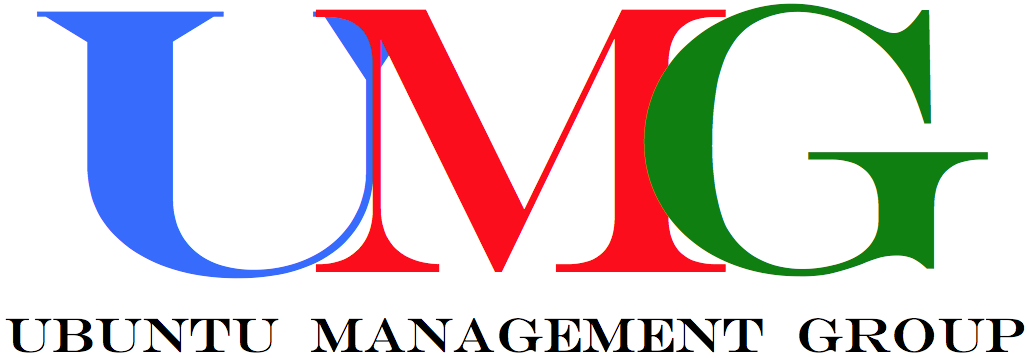Pepsi Madonna Sponsorship
Right.
A blast from Martin Hummel’s advertising past.
In his day, BBDO’s most important client was Pepsi US. The agency desperately wanted to be seen as a network (and not a ‘not-work’) but it didn’t represent the client anywhere other than the US.
So the agency put together a plan that changed BBDO’s relationship with that most important client.
BBDO was appointed Pepsi’s “International Headquarters Agency of Record” (a mouth-full), and tasked by the client to provide a consistent and relevant strategic base for its key worldwide brands (Pepsi, Diet Pepsi, 7Up and Mirinda).
The starting point needed to be Pepsi, and BBDO had to create a fully integrated campaign to conceivably run across more than 60 countries and appeal to the world’s youth.
A big ask, as Pepsi was never successful at this before, and BBDO was not a welcomed agency to the local international marketers.
So, what do you do?
You create something that no single Pepsi country could do on its own, that would resonate with the target and would make Pepsi cooler than Coke.
BBDO, under Hummel’s leadership, devised a fully integrated communications campaign for the brand, with Madonna at the centre. Advertising in all media, a world tour sponsorship, exclusive merchandise and, here’s the best bit, the opportunity to launch Madonna’s new music through a worldwide campaign which would exclusively feature the track in the advertising…for a month.
The program was originally intended to launch everywhere, except the US. BBDO presented the communications package to Roger Enrico, Pepsi’s Worldwide CEO.
The discussion went something like this:
Roger: “How much will this cost internationally?”
BBDO: "$5 Million."
Silence...
Roger: “What about if you include the US?”
Silence...
BBDO: “Probably $10 Million.”
Roger: “OK. I like it. Go for it.”
In a half hour meeting, Pepsi’s Enrico made a $10 Million decision on gut instinct.
The first problem was that Madonna had the right of refusal on the creative work, and she was refusing everything. With a lot of research, Hummel came up with the idea that, for her to buy anything, the idea would have to play on a part of her life when she was her happiest. This was her childhood, which became the core of the campaign. The featured music was also the title to her upcoming album, “Like a Prayer”.
The two minute launch commercial was aired on the same day, at roughly the same time locally, in +60 countries and to an estimated 2.5 Billion viewers.
It was the first media roadblock ever. And it was an amazing success.
The next problem was that Madonna decided to mess things up. Shortly after the launch and while ignoring her embargo agreement, Madonna introduced her music video of the song on MTV around the world…with love scenes in a church, stigmata on her hands and burning crosses on the hills (I think you get the picture).
There were extensive repercussions in the US. Consumers, having been exposed to Madonna’s ‘interpretation’ of her song, were outraged and chose to boycott all Pepsi brands. The Pepsi-Cola Company, in a panic, withdrew the initiative in the US and began to negotiate an out-of-court settlement. And they weren’t too concerned about the rest of the world…why?
Unlike America, people in other parts of the world simply accepted Madonna as a highly creative, controversial artist. And they therefore tolerated (or turned a blind eye to) her outlandish behaviour.
Consequently, the full program died in the US (thanks to the conservative mid-West bible belt) and went on in the rest of the world (including the most Catholic of countries–Brazil, Argentina, Italy and Spain, to mention just a few), to become the successful initiative in the brand’s history.
And, for BBDO, the agency went on to be awarded in the Pepsi brands in nearly every country in the world.
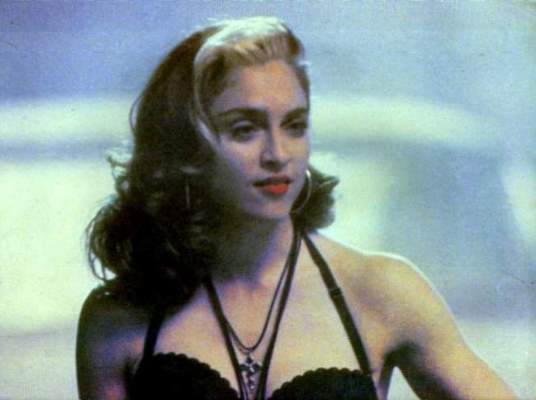

Pepsi Madonna "Like a Prayer" Advert

